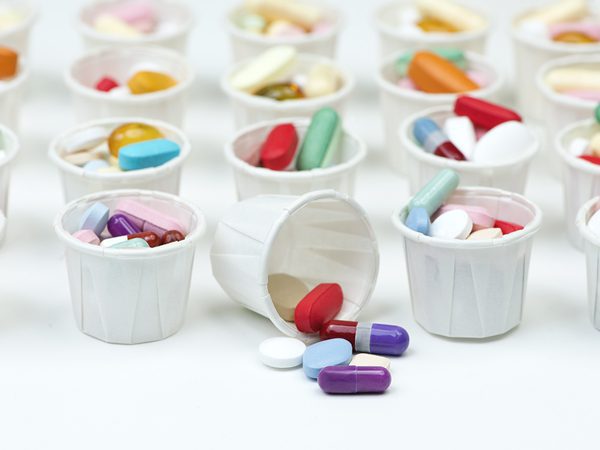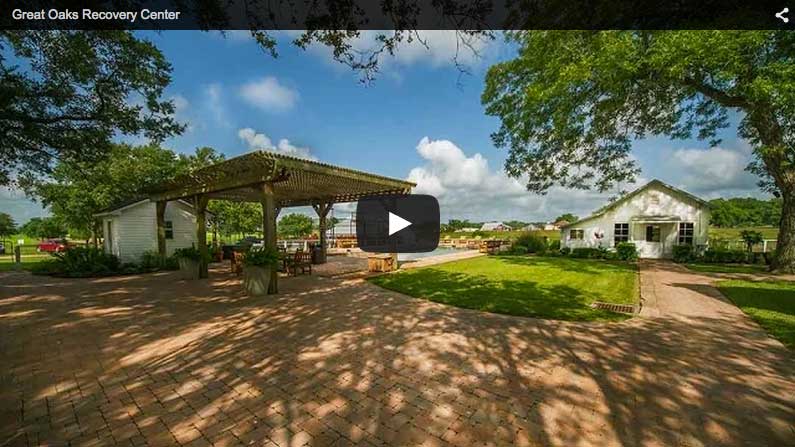 Research has shown that addiction is a chronic disease of the brain.
Research has shown that addiction is a chronic disease of the brain.
In most instances, an addicted person can’t stop using on his or her own. It’s not a matter of lack of willpower or poor character. With repeated use, addictive substances change the brain’s chemical makeup, leading to uncontrollable cravings. In addition, if the addict doesn’t continue using, he or she will experience withdrawal symptoms.
Medication assisted treatment (MAT) is an option for helping clients with a drug abuse problem. As the name implies, medication is used along with behavioral therapy and counseling to aid in recovery. The medications used in MAT don’t help clients get “high,” nor are they simply helping addicts switch from one form of addiction to another. Instead, the medications are used to treat withdrawal symptoms as well as the cravings that clients experience after withdrawal has ended.
When MAT Can be Used?
MAT is used to treat opioid dependence, alcohol dependence and smoking cessation. When someone who wants to quit smoking takes a medication like Varenicline (Chantix®) or chooses Nicotine Replacement Therapy (NRT), they are using MAT as a strategy to break their nicotine addiction.
Screening Process for MAT
Before a client starts on MAT, they go through a detailed screening process. For clients who are being treated at a residential treatment facility, some of the information required to screen for suitability for MAT will likely be covered during the admission process. This process will likely include the following steps:
- Complete Medical History
The client will be asked to provide a medical history that includes details about their general health (including allergies), as well as a family history of chronic illness. The medical history also includes any history of mental illness or addiction.
Female clients will be asked about any previous pregnancies, the type of delivery and whether there were complications. They will also be asked whether there is a possibility they could currently be pregnant.
- Reasons for Seeking Treatment
Before starting MAT, the client will be asked about their reasons for seeking this type of treatment. It’s not uncommon for clients to ask for this type of treatment to relieve withdrawal symptoms. - Money Management Ability
Clients who are undergoing MAT may have financial difficulties. Often, much of their financial resources were previously spent on their drug habit that otherwise would have gone toward housing, utilities and food.
As they become more stable in recovery, their money management skills need to be assessed. Moving forward, a client may need help with goal setting (short- and long-term) and budgeting to reach his financial goals.
- Preferred Recreational and Leisure Activities
Engaging in enjoyable activities is an important part of the recovery process. If a client has a preference for certain activities, this knowledge can be used in a treatment plan. A recovery lifestyle can include activities that a client already associates with positive experiences, along with some new ones. - MAT Orientation
Clients who will be participating in MAT don’t walk into their treatment without understanding how the process is supposed to work. Ideally, they attend several orientation sessions which explain the treatment method, their responsibilities, and the responsibilities of their treatment team in making it successful.
Medications Used for MAT
The US Food and Drug Administration (FDA) has approved the following medications for alcohol and drug (opioid) dependence:
Alcohol Dependence:
- Naltrexone (ReVia®, Vivitrol®, Depade®)
- Disulfiram (Antabuse®)
- Acamprosate Calcium (Campral®)
Opioid Dependence:
- Methadone
- Buprenorphine (Suboxone®, Subutex®, and Zubsolv®)
- Naltrexone (ReVia®, Vivitrol®, Depade®)
How Medication Assisted Treatment for Drug Abuse Works
The medication is prescribed to a client, and is intended to work as a complementary therapy to individual counseling sessions, group therapy and other supportive measures.
- Methadone
Methadone has been the go-to drug for MAT for more than three decades. This opioid, which is also prescribed to treat severe chronic pain, is only available to clients from federally-regulated clinics.
Methadone suppresses the symptoms of opioid withdrawal when taken at the proper dosage. It also blocks the euphoric effects of other opioids and reduces cravings.
- Buprenorphine/Suboxone/Subutex
Buprenorphine, another opioid, was approved by the FDA to treat opioid addiction in 2002. This medication offers advantages over methadone. When used for MAT, it’s effective for suppressing withdrawal symptoms and cravings. This medication also doesn’t create a “high” when ingested, and it blocks the effects of other opioids for 24 hours or more. - Naltrexone
Naltrexone is an opioid-blocking medication that is also used to treat opioid (and alcohol) dependence. It’s non-addictive, so clients who are prescribed this option don’t become physically dependent on it.
This medication isn’t a good choice for suppressing withdrawal symptoms. It also doesn’t work well for suppressing cravings. Naltrexone can’t be started as a therapeutic measure until a client has been sober from opioids for a minimum of two weeks, which proves difficult for some people in early recovery looking for relief from cravings and withdrawal symptoms. Anyone who is using this medication needs to be cautioned that their risk of an overdose is increased if they relapse.
The decision to incorporate MAT into a drug or alcohol treatment plan must be made on an individual basis. This method can be part of a client’s overall recovery plan that also includes therapy to get to the root of the addiction and supports for learning how to live a sober lifestyle. Great Oaks Recovery offers detoxification, residential and continuing care addiction treatment services.
If you or someone you love is in need of alcohol or drug treatment, contact us anytime at (877) 977-3268. We are here to help.
Sources:
Medication Assisted Treatment Implementation Checklist. Samhsa.gov
Medical Assessment. National Center for Biotechnology Information.
How Is Suboxone Treatment Different than Drug Abuse? Psych Central.


